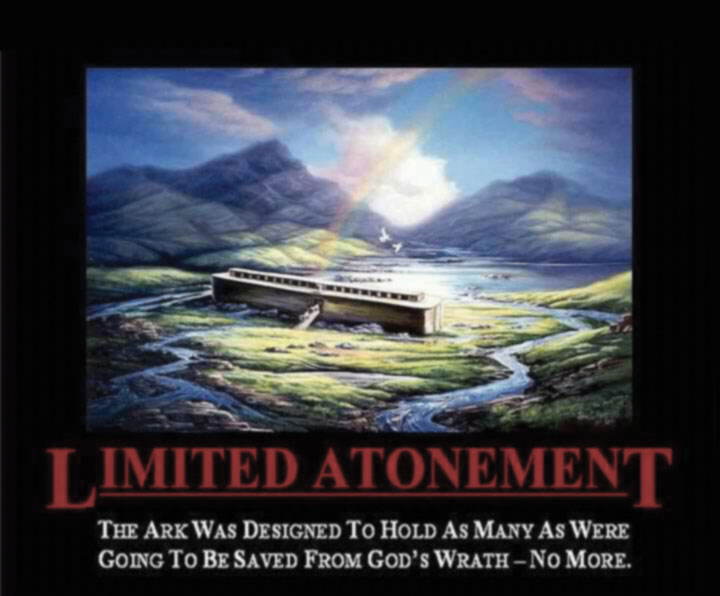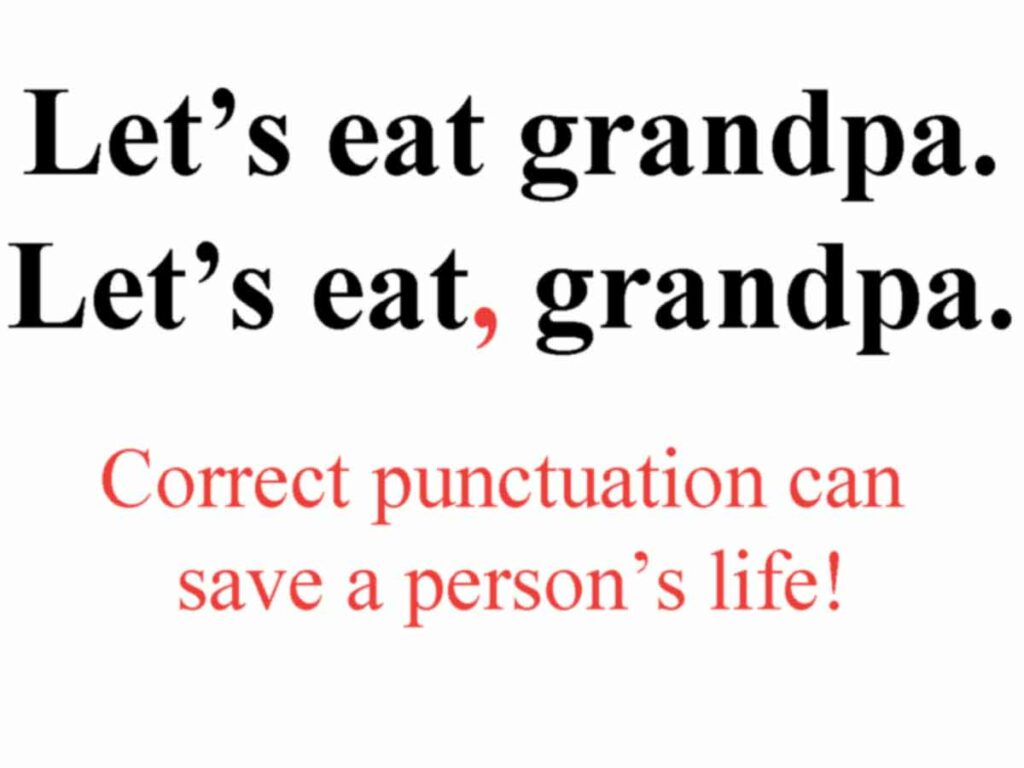Get ready to be reviled
“Pastors need to teach their people about how to handle with grace being looked down on more than ever before. I heard of John Stott reflecting that as a young man at Cambridge when people said ‘O, he’s a Christian,’ what they meant was that he was a goody-two-shoes. But now to be called a Christian means that you are viewed as a morally-deficient person, because you have not swallowed the gay agenda.”
– Dr. John E Benton, Managing Editor of Evangelicals Now in the July 2012 issue on how the world will change as gay marriage becomes the norm.
Do you think God can’t use you?
When we reflect back on the mistakes we’ve made, the sins we’ve commited, the struggles we have, and the weaknesses that plague us, we might think there is no way that God could use us. But we would be wrong. As Paul writes in 1 Cor. 1:27-28 “God chose what is weak in the world to shame the strong…. so that no human being might boast in the presence of God.”
Consider who God has used in the past: Abraham was near dead, Jacob a deceiver, Gideon afraid, Rahab was a prostitute, Jonah ran away from God, David was an adulterer and murderer, Job was ill and impoverished, the Samaritan woman was divorced, Peter denied God (three times!) and Lazarus was dead for three days!
Yes, we are too weak, broken, and sinful to do anything for God… in our own strength. But we’re just the sort of folk that God has chosen to use for His own glory.
SOURCE: Inspired by a post on Eddie Eddings’ Calvinistic Cartoons
Were there TULIPS on the Ark?
Cartoonist Eddie Eddings makes a pretty compelling theological point.

Martin Luther on sanctification
“This life is not godliness, but growth in godliness; not health, but healing; not being, but becoming; not rest, but exercise. We are not now what we shall be, but we are on the way; the process is not yet finished, but it has begun; this is not the goal, but it is the road. All does not yet gleam in glory, but all is being purified.”
The cleanest windshield…
The focus of Greg Dutcher’s Killing Calvinism: How to Destroy a Perfectly Good Theology From the Inside is about how Calvinists can make their doctrine – though it is the true-est, and most biblical – unattractive to other Christians. Part of the problem, as he sees it, is that we sometimes fall in love with our theology for its own sake, rather than for Who it allows us to see:
“I am concerned that many Calvinists today do little more than celebrate how wonderfully clear their theological windshield is. But like a windshield, Reformed theology is not an end in itself. It is simply a window to the awe-inspiring universe of God’s truth, filled with glory, beauty, and grace. Do we need something like a metaphorical windshield of clear, biblical truth to look through as we hope to marvel at God’s glory? Absolutely. But we must make sure that we know the difference between staring at a windshield and staring through one.
Idle hands…
“The idle man tempts the Devil to tempt him.” – C. H. Spurgeon
Watch your language
Christians have their own vocabulary – we have our own jargon – which can be downright confusing to unbelievers. Think of the word faith. In his September 2012 newsletter, Christian apologist Greg Koukl noted that when Christians say we have faith, we mean we are confident that God – Who has already shown Himself trustworthy – will fulfill his promises.
The world, however, understands this same term as some “kind of useful fantasy, a ‘blind’ ‘leap of’ religious wishful thinking.'”
To clear away some of the confusion, Koukl suggests finding and using “substitute words – synonyms for religious terminology – to brighten” and improve our communication.
“For example, instead of quoting ‘the Bible’ or ‘the Word of God’ (both easily dismissed), why not cite ‘Jesus of Nazareth,’ or ‘those Jesus trained to communicate His message after Him’ (the Apostles), or ‘the ancient Hebrew prophets’? These substitute phrases mean the same thing, but have a completely different feel. It’s much easier to dismiss a religious book than the words of respected religious figures. When referring to the Gospels, try citing ‘the primary source historical documents for the life of Jesus of Nazareth.’ That’s the way historians see them, after all.
“Avoid the word ‘faith.’ Substitute ‘trust’ for the exercise of faith (‘I have placed my trust in Jesus’) – which is the precise meaning of the original biblical term, anyway – and ‘convictions’ for the content of faith (i.e., ‘These are my Christian convictions’).
“For the same reason, don’t talk about your ‘beliefs.’ It’s too easy to misunderstand this word as a reference to mere beliefs, subjective ‘true for me’ preferences. Rather say, ‘This is what I think is true,’ or ‘These are my spiritual [not ‘religious’] convictions.’
“I’ve even found myself avoiding the word ‘sin’ lately, not out of timidity about the topic, but because the term doesn’t deliver anymore. Instead, I talk about our moral crimes against God, or our acts of rebellion or sedition against our Sovereign. By contrast, abandon ‘blown it’ and ‘messed up.’ They don’t capture the gravity of our offenses.”
We want to communicate effectively, and when words start to lose their saltiness it is time to find a new way of communicating God’s Truth. We need to, as Koukl writes, “watch our language.”
SOURCE: The Page, September 2012 “A simple communication tip” by Greg Koukl, www.STR.org.
No such thing as an Arminian prayer
Douglas Wilson passed along a great quote from Charles Haddon Spurgeon on the subject of Arminian prayer. Spurgeon said:
“You have heard a great many an Arminian sermon, but never once heard an Arminian prayer. You have heard a great many Arminian sermons, I dare say, but you have never heard an Arminian prayer, for the saints in prayer, appear as one in word and deed and mind. An Arminian on his knees would pray desperately like a Calvinist. He cannot prayer about free will. There is no room for it.”
Headline haiku
He didn’t see it,
the melting mutt’s drooping tail.
Thus, “HOT DOG BITES MAN”
English – more important than you knew!
Students always want to know “Why are we studying _____ anyway?” When it comes to English, the answer is as simple as the old joke below: our littlest word choices (James 3:3-12), and even the way we emphasize what we say, can have an enormous impact on the message we send.

Now ignore the punctuation, and consider the different messages we can send simply by stressing a different word each time:
- Let’s eat grandpa – we want to eat grandpa instead of grandma
- Let’s eat grandpa – we want to eat grandpa rather than, say, hug him
- Let us eat grandpa – we want to eat him rather than let someone else
- Let’s eat grandpa – we want to eat him even though someone disagreed
Same words; very different meanings communicated. That’s a silly example so here’s one more:
- I said I was sorry!
- I said I was so sorry.
Two very similar sentences, but one sentence all about sorrow and repentance, and the other very much not so. We all know which is which, but the stubborn child offering up the first might not. He doesn’t understand that while he might have said the right words, he didn’t deliver the right message.
So there’s quite some power in the way we use words, and the ones we choose. And isn’t that power worth studying, so we can best put it to use?
We are all religious
“Religion has no place in the schools,” secularists declare, so they certainly won’t admit to being religious themselves. But this is only smoke and mirrors – as Bob Dylan famously sung, all of us are “gonna have to serve somebody.”
In his book Leaving God Behind, Michael Wagner notes that back in 1963, political philosopher George Grant made this point while he discussed the definition of “religion”:
“The origin of the word is, of course, shrouded in uncertainty, but the most likely account is that it arises from the Latin ‘to bind together.’ It is in this sense that I intend to use it. That is, as that system of belief (whether true or false) which binds together the life of individuals and gives to those lives whatever consistency of purpose they may have. Such use implies that I would describe liberal humanists or Marxists as religious people; indeed that I would say that all persons (in so far as they are rational beings) are religious…. It will, of course, seem unfair to the exponents of secularism that I have called what they advocate a religion…. [But the truth remains] all men are inevitably religious….
“Indeed the present controversy is not concerned with whether religion should be taught in the schools, but rather with what should be the content of the religion that is so taught. It is perfectly clear that in all North American state schools religion is already taught in the form of what may best be called ‘the religion of democracy.’ That the teaching about the virtues of democracy is religion and not political philosophy is clearly seen from the fact that the young people are expected to accept this on faith and cannot possibly at their age be able to prove the superiority of democracy to other forms of government (if indeed this can be done). The fact that those liberals who most object to any teaching about the deity are generally most insistent that the virtues of democracy be taught, should make us aware that what is at issue is not religion in general, but the content of the religion to be taught.”
All schools will teach students to worship and the only question is, who will be worshipped?
4 words which should exist
Inventing words can be fun. Got any good ones?
- Arghument – assertions back by vehemence, not evidence
- Heil’d – Damned with faint praise, particularly by noting that he/she probably isn’t a Nazi
- Questian – someone in search of their next cause
- Squarcle – a square circle, synonym to “gay marriage” or “preferred pronouns”












